Often, rooms are not used sustainably due to rigid and inflexible furniture systems that are subject to a singular function. This frequently results in areas being vacant at particular times of the day. With their latest series of modular designs, the German design studio Haus Otto, which specialises in product design, tackles this conundrum. The Workshop collection is a modular and adaptable furniture and signage system evolved exclusively for the Werkstatthaus Stuttgart, a transdisciplinary platform for art production and art education. The ensemble achieves a flexible use of space and aims to transport the diversity of the house by epitomising sustainability in the furniture design. “More complex working and living structures pose new challenges for the design of modern spaces and require contemporary concepts that rethink not only the spaces in which we work and live, but also the way we use them,” share Patrick Henry Nagel and Nils Körner, co-founders of Haus Otto.
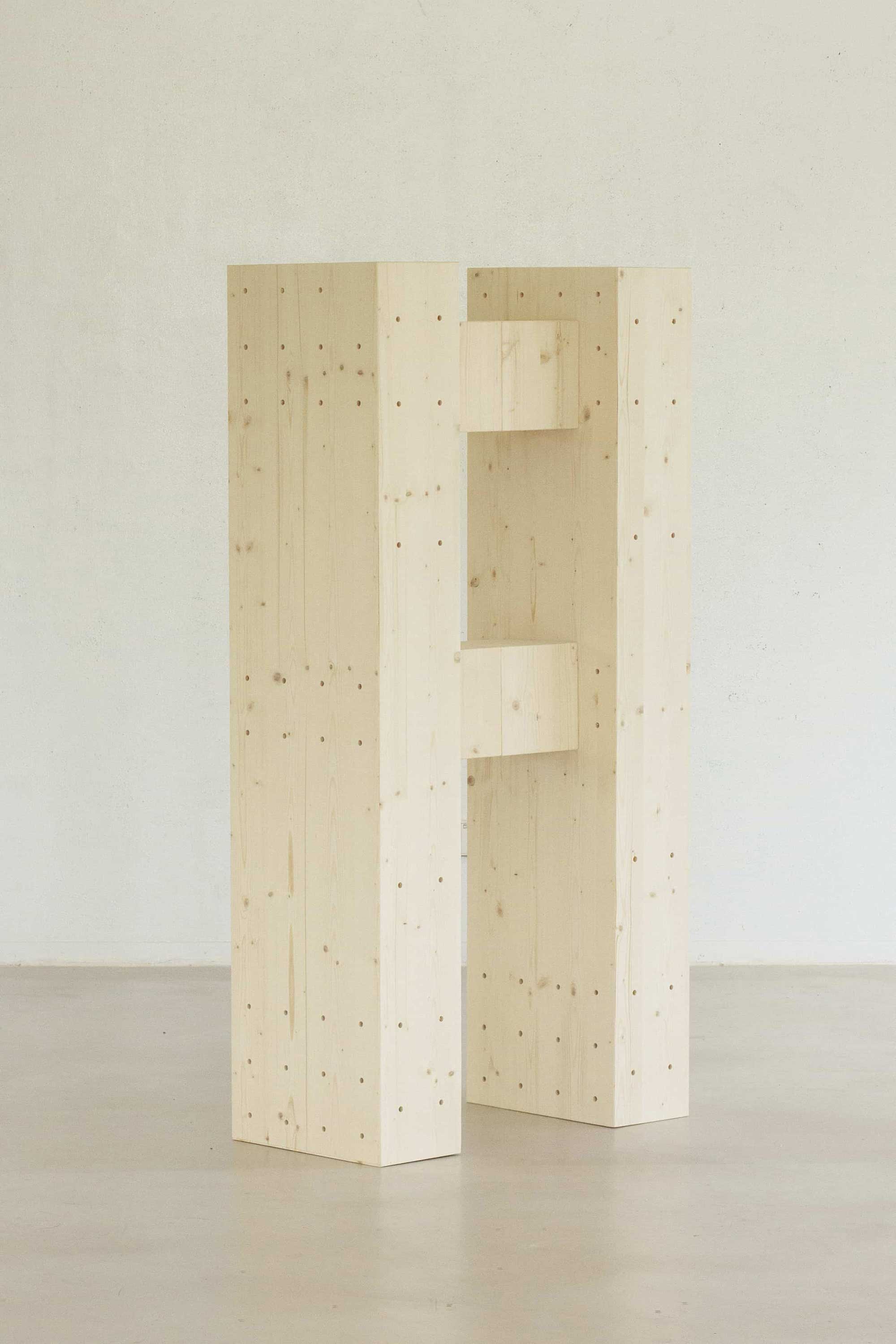
A diverse and interchangeable array of objects can be constructed, reconstructed and adapted to suit different purposes owing to the series of five wooden modules – three boxes and two boards – and a hole grid system. While using a simple manufacturing process the modules can be produced and repaired in in-house workshops for a sustainable production as well as educational offering. He studio breathes life into a large repertoire of different furniture configurations drawing from a small number of modules without compromising on their functionality. “Different people are involved in the whole process of building the modules and through the open structure it is open for interpretation and can grow and change over time without us as designers having to be involved anymore,” says Nagel. “We really like this democratic aspect of it,” adds Körner.
The repository, interestingly so, blends a signage system with the furniture, broadening the functionality of the sustainable design furthermore. The signage system is devised by the Design Duo Haus Otto in collaboration with the Germany-based communication design studio Matter Of. By interweaving object and communication design, the collection acquires multiple faces of application and materials and through an open structure can grow, adapt and evolve over time. “We wanted it to be a holistic and flexible concept so we both came up with the idea of the hole grid system,” the design duo explains. “The signage system brings together the graphic elements as well as the different modules from our collection,” they share.
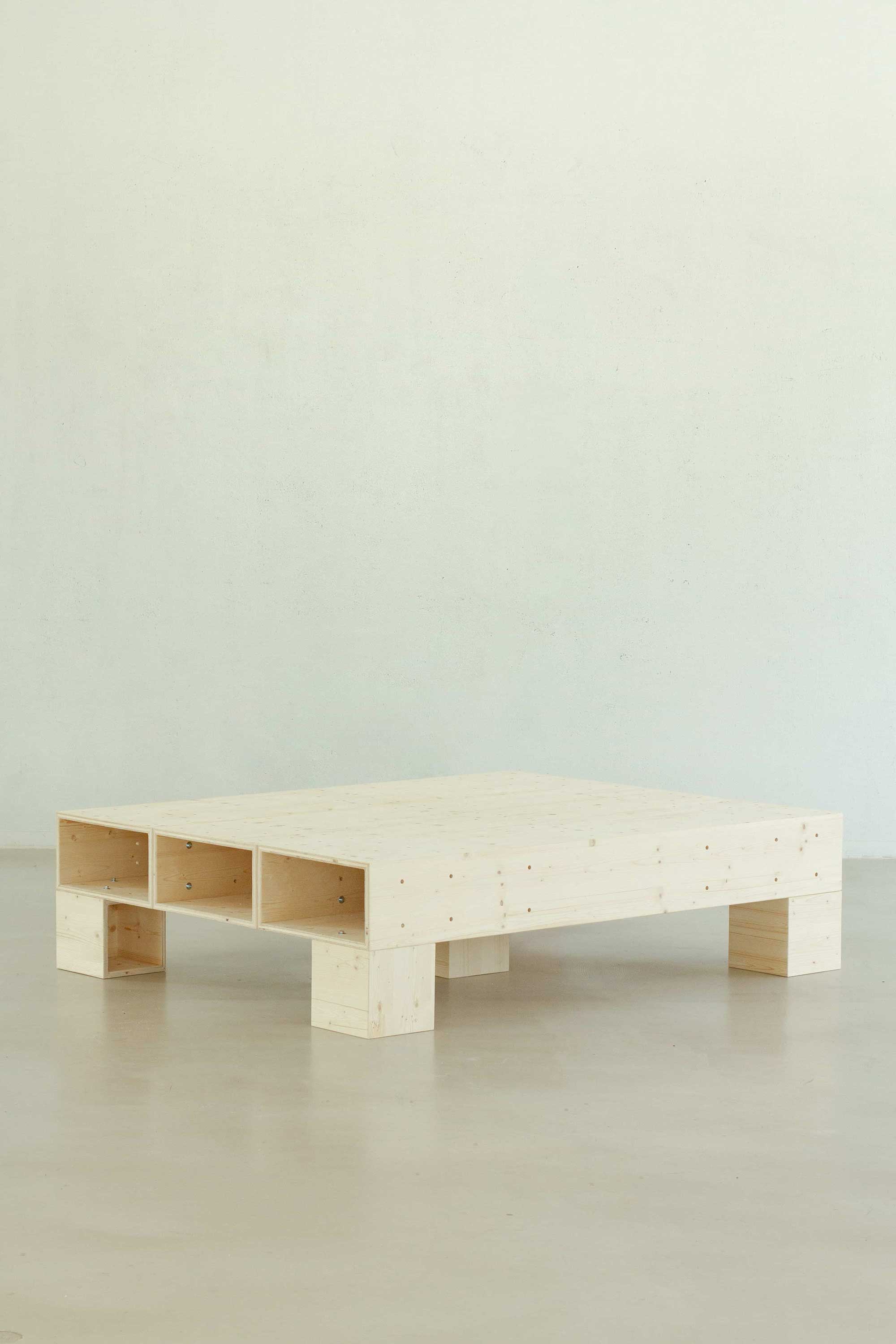
The process of design commenced as a dialogue with the house, the workshop as well as with Matter Of. It gradually unfolded as an iterative course of development, advancing in tandem through drawings, softwares and physical model building. The material selection was determined based on the requisites of the individual project and the context it is designed for. “In this case it was important for us to use the material they already have in-house and which can also be produced locally by non-professionals and people just starting to learn how to work with wood,” explain the duo.
Haus Otto works for customers in economy and culture as well as on self-initialised projects and has a hands-on and collaborative approach. While questioning preconceived notions, each project proposes simple solutions which often embody a narrative aspect. Described as human made design, the studio builds on human sensibilities and shifts perception towards materiality, shapes and alternative ways of production. By facilitating an in-depth understanding of natural and built environments, the studio creates stirring interventions that probe the ecological, technological and social context of contemporary design.






 Sign in with email
Sign in with email



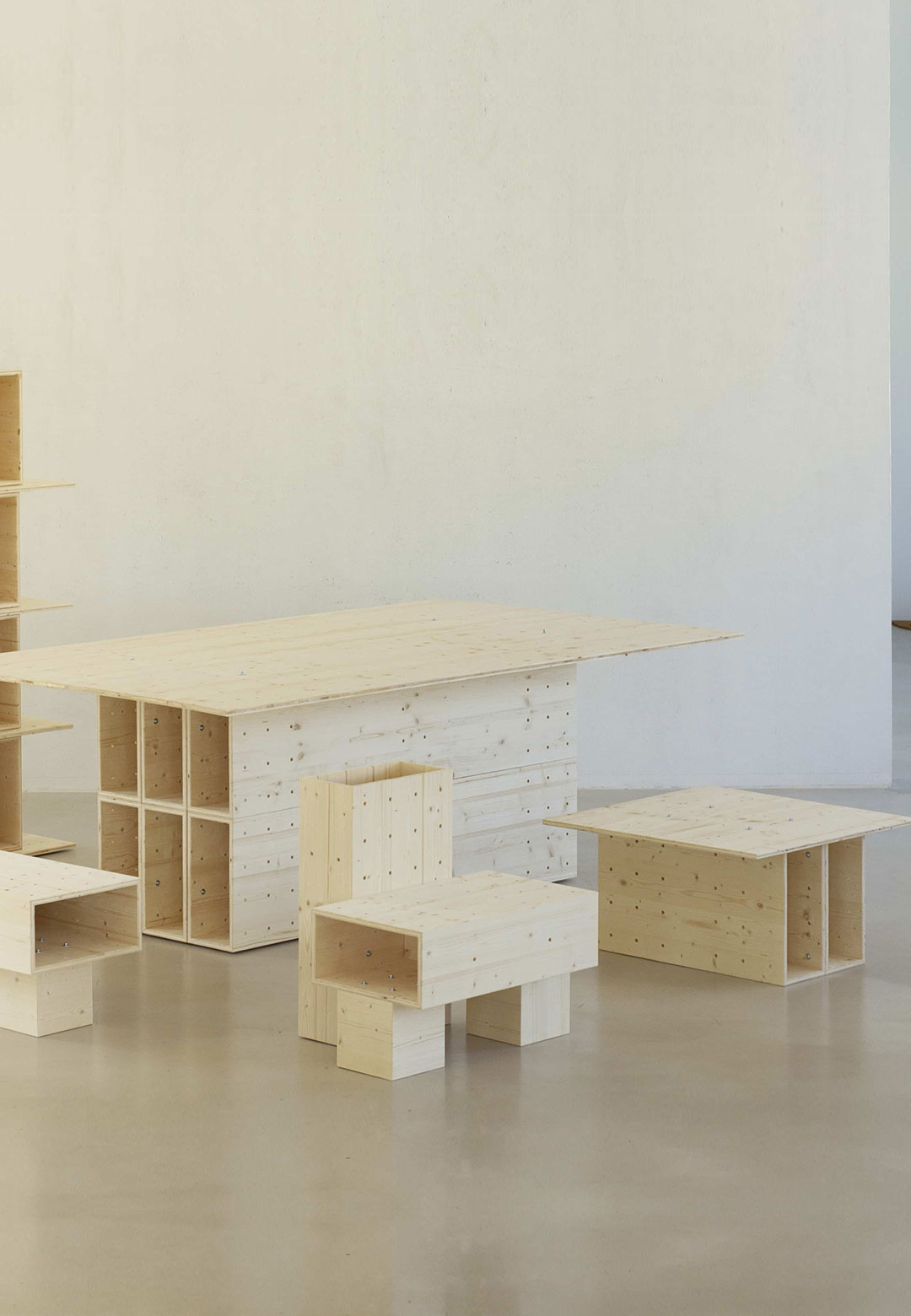
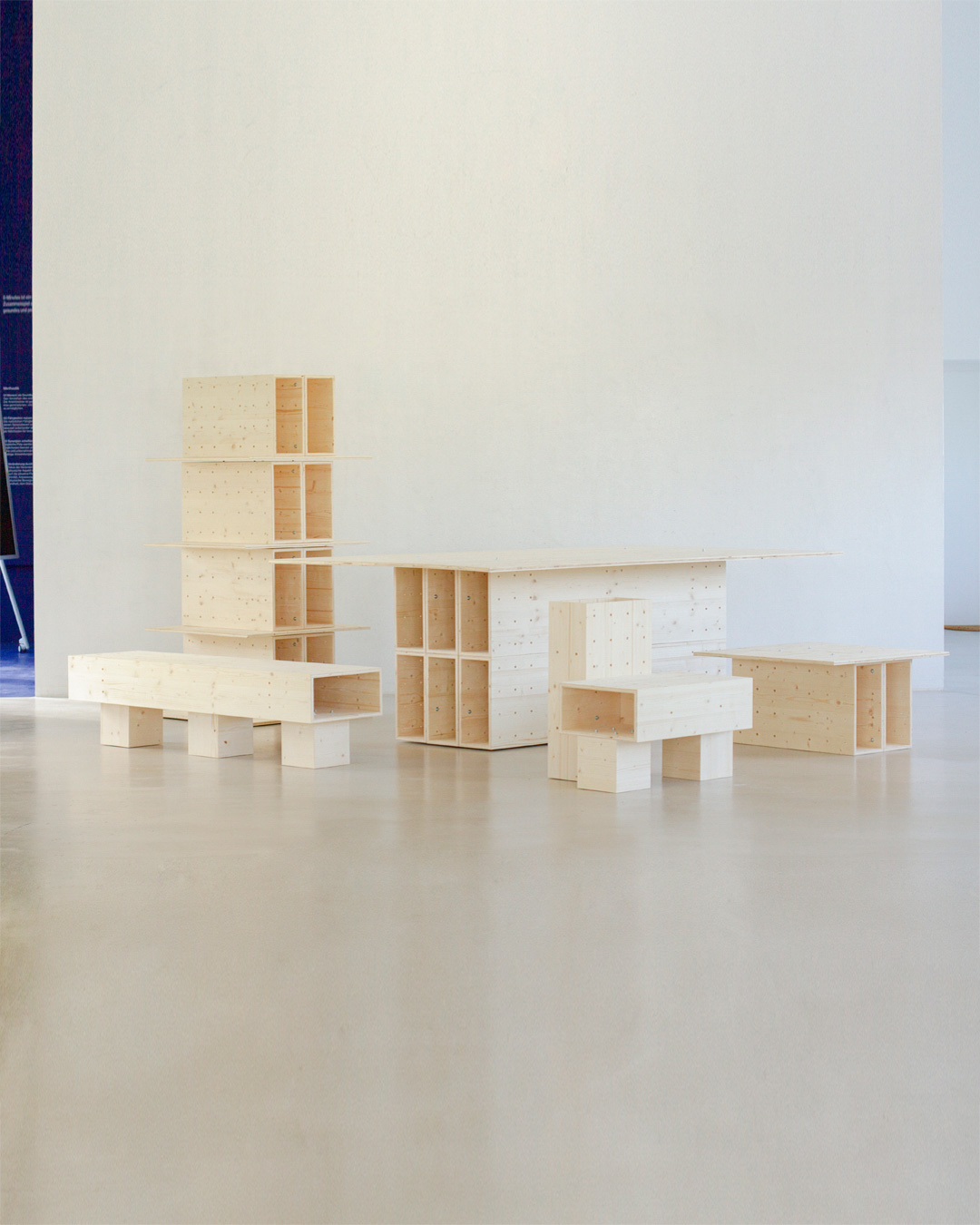
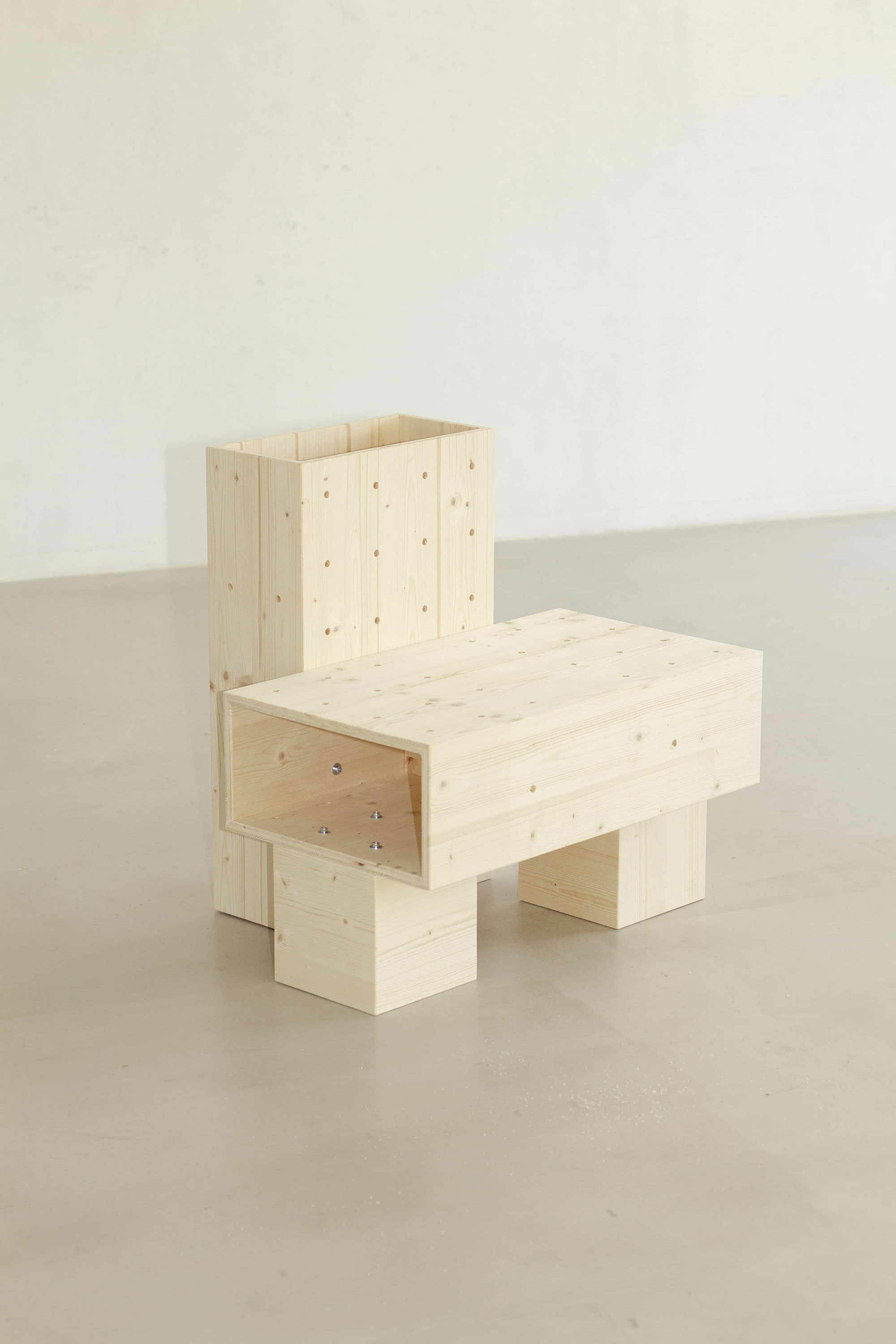
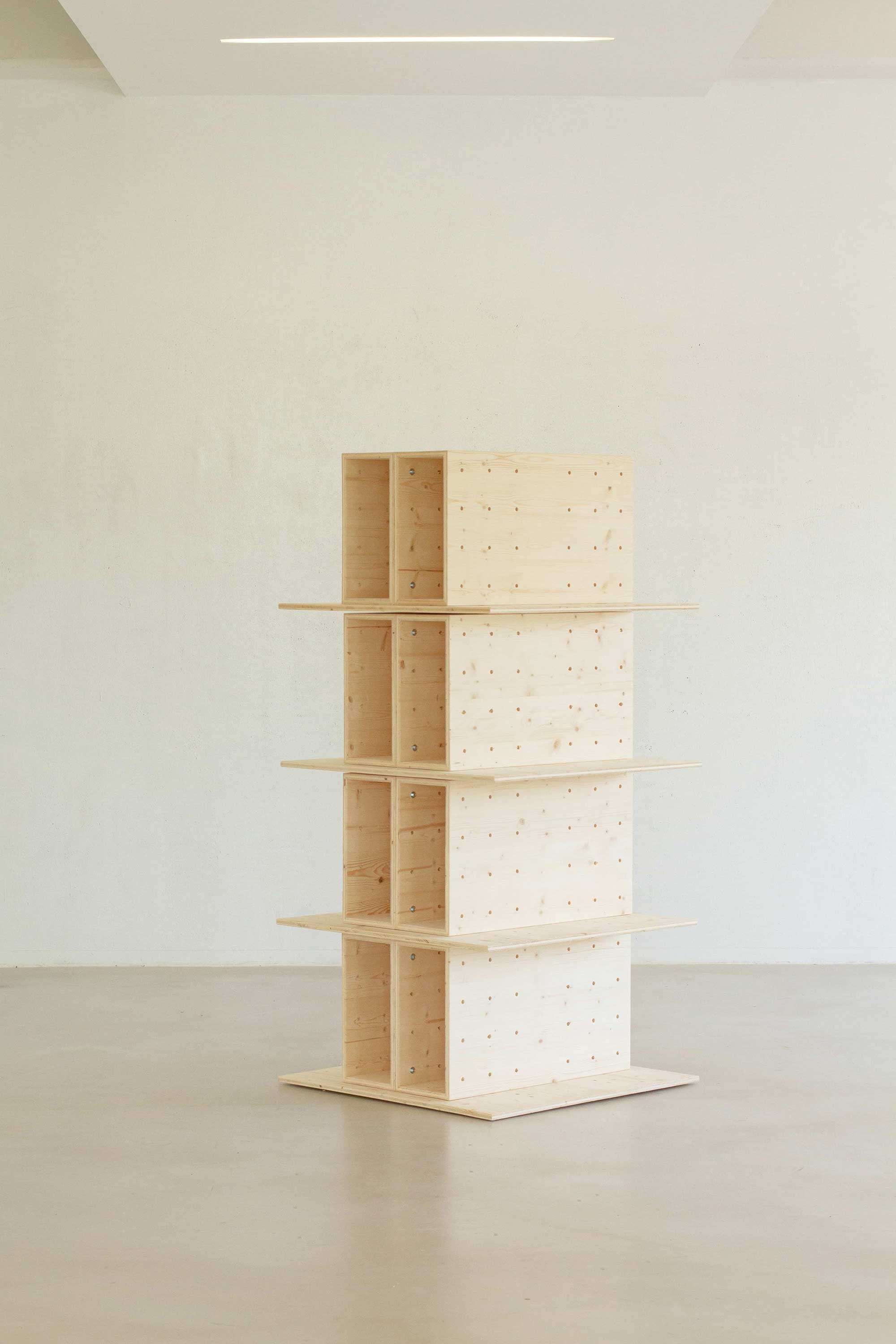
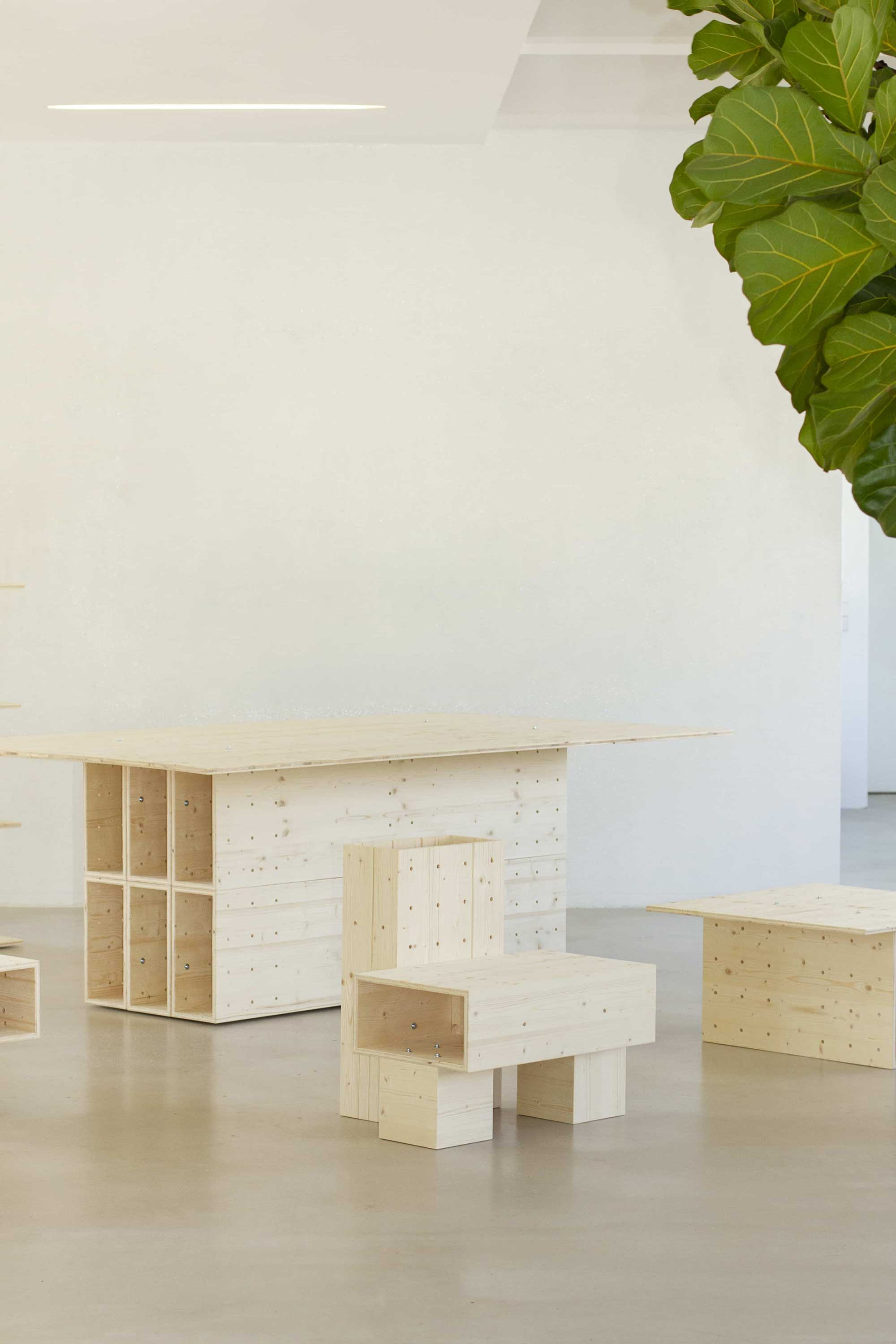
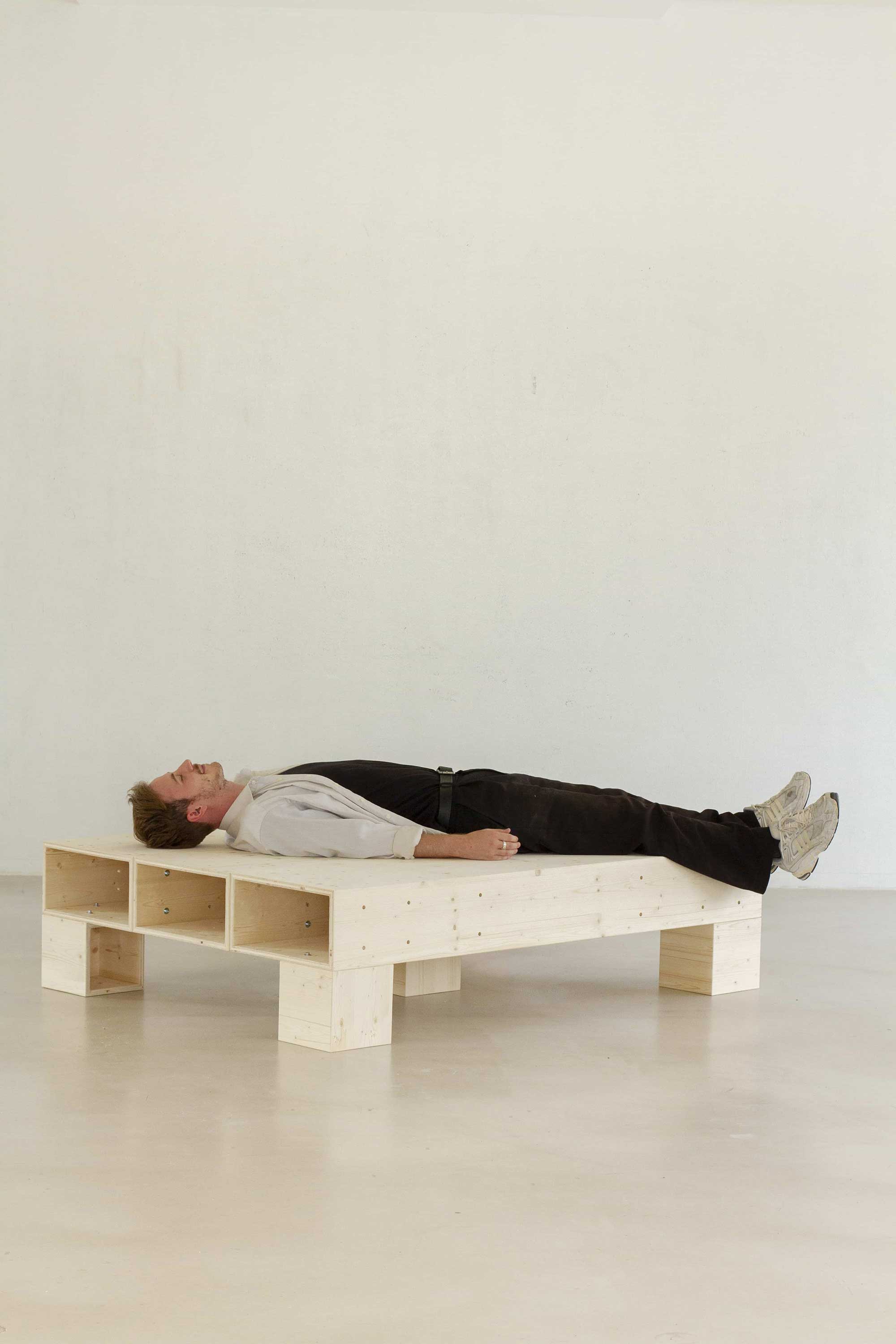
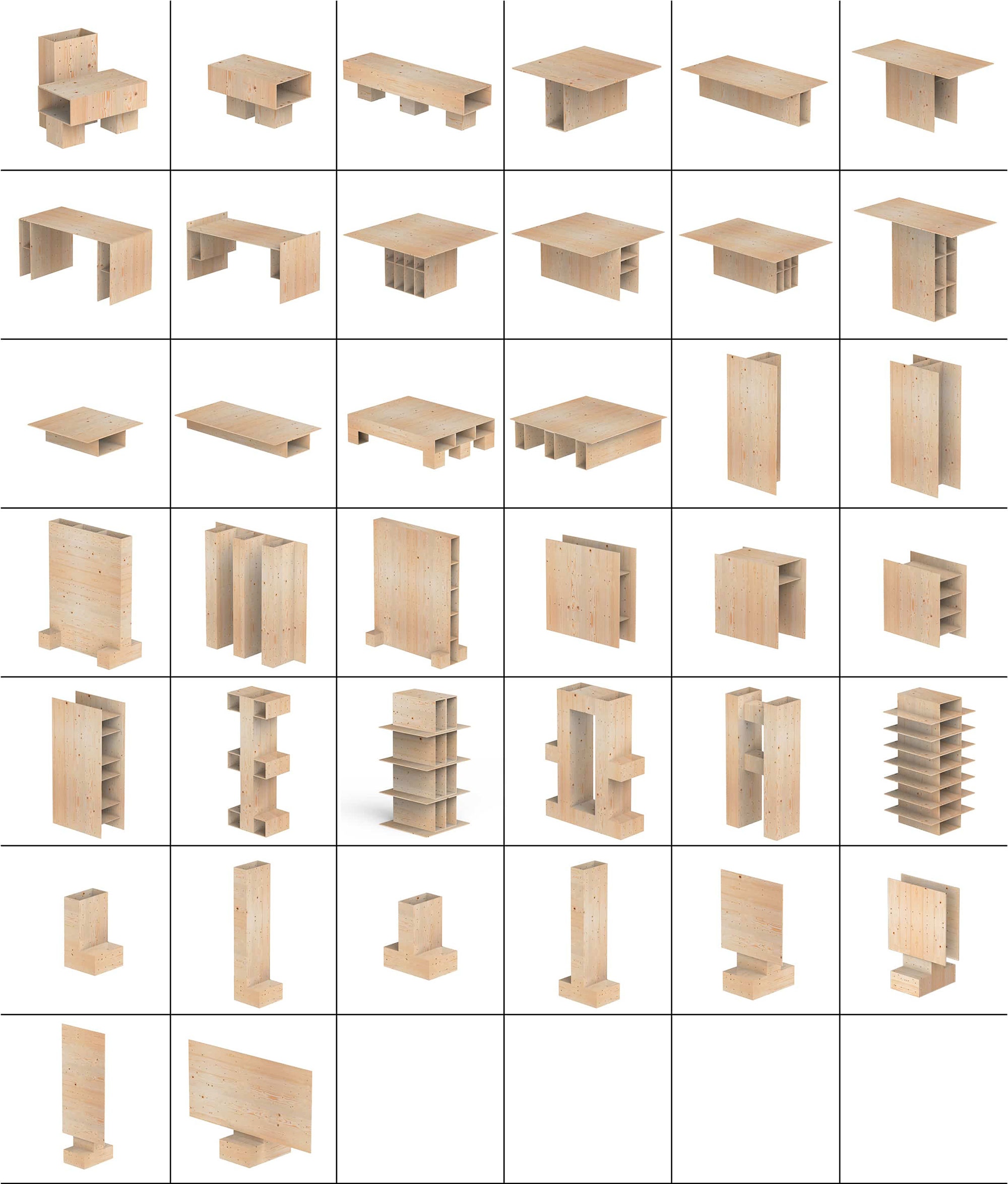




What do you think?